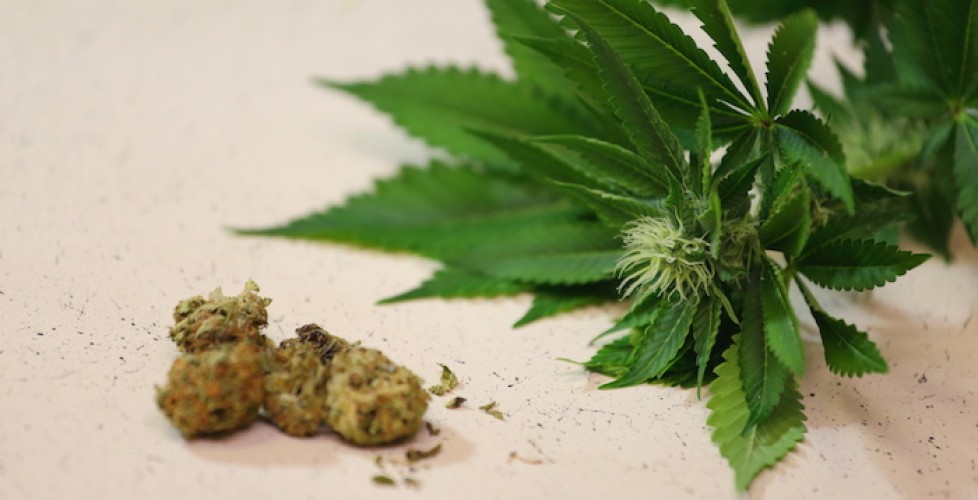Concerns Over Effects of Legalizing Marijuana
As more states legalize and decriminalize marijuana for recreational use—such as Oregon, which has moved toward legalizing recreational marijuana sales on October 1, 2015, rather than 2016 as originally planned—some question the effect that legalization has on adolescents’ perception of marijuana’s harmful effects.
Studies show that while teens’ overall use of substances is decreasing, use of marijuana is on the rise and the 2013 Monitoring the Future Survey showed high school seniors’ past-year marijuana use had more than doubled, while their perception that regular use is harmful had been cut in half since political campaigns to legalize the drug as medicine began in the early 1990s. Some 21 states and the District of Columbia have actually legalized medical pot since 1996. The 2014 Monitoring the Future Survey “revealed that marijuana is frequently consumed as an edible, which is more prevalent among states with medical marijuana; specifically of the12th graders who consumed marijuana in the past year 40% of them reported having consumed it in an edible form in the medical marijuana states versus 26% in non-medical marijuana states.”
Perception of marijuana as a “safe drug” is scientifically inaccurate, finds a review of teen brain studies. According to researchers, who reviewed over 120 studies, “the nature of the teenage brain makes users of cannabis amongst this population particularly at risk of developing addictive behaviors and suffering other long-term negative effects.”
And while it may be a rare and anomalous situation, it is chilling to read about a Colorado teen’s death in 2014, which was linked to overconsumption of THC in an edible marijuana product.
Given the shifting legal status of marijuana in this country, and knowing that this is affecting teen’s perceptions and, it seems, their actual use of the drug, what should we be telling young people? For one thing: the younger the user, the higher the risk of addiction, according to the article, “If Marijuana Is Legal, What Do We Tell Our Kids?” on Mom.me. THC can also cause panic attacks or more serious psychological disturbances as seen in the tragic Colorado case.
In addition, “marijuana use directly affects the parts of the brain responsible for memory, learning and attention. Scientific evidence shows that marijuana use during the teen years can permanently lower a person’s IQ and interfere with other aspects of functioning and wellbeing,” reports Partnership for Drug-Free Kids.
So, while marijuana may be considered “safer” than other drugs, and as far as medicinal use may be a boon to many, it is more important than ever to make sure that young people get the message that THC and marijuana carry risks, and the younger the user the greater the risk and the higher the likelihood of long term effects.
Read More

